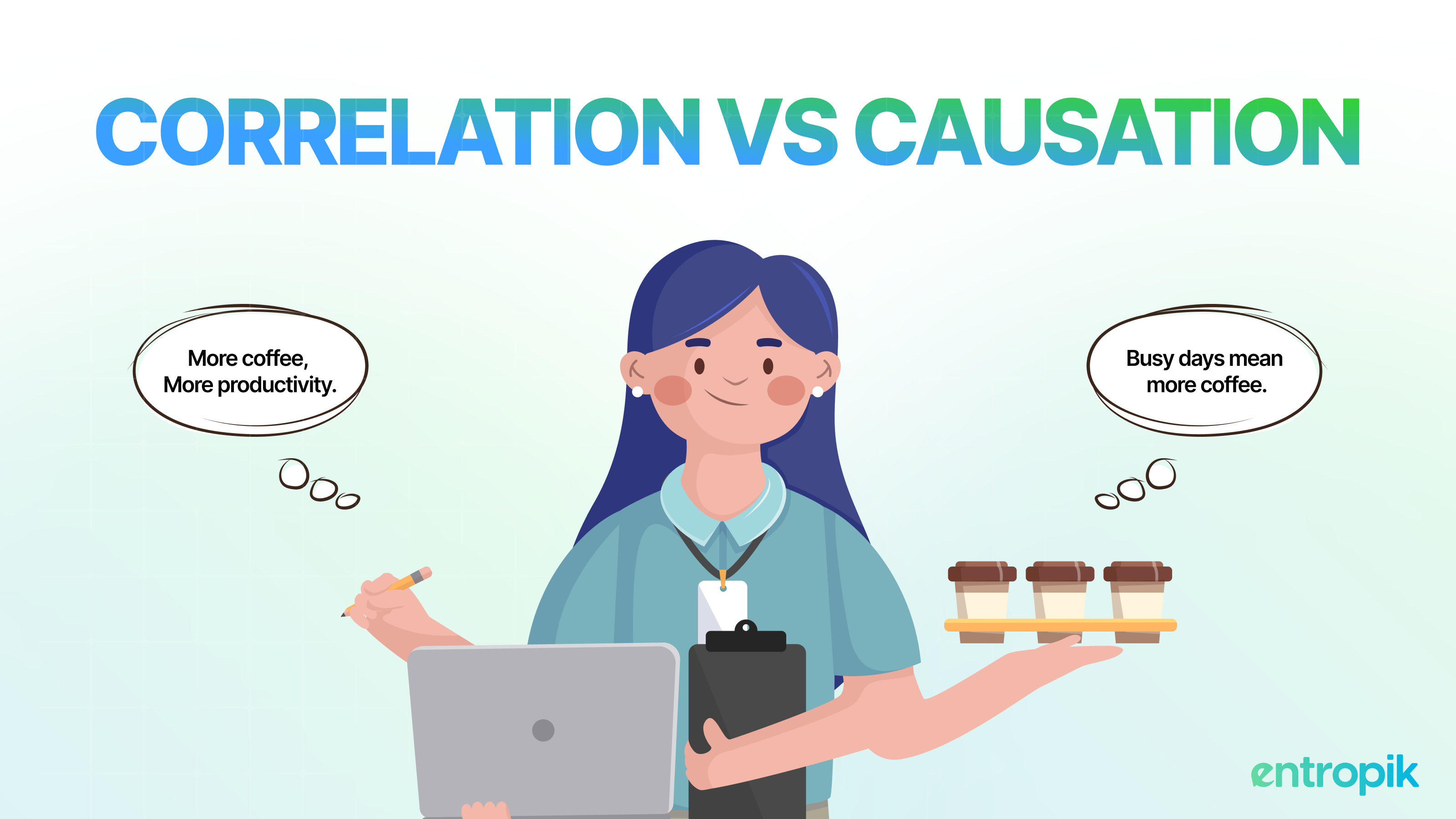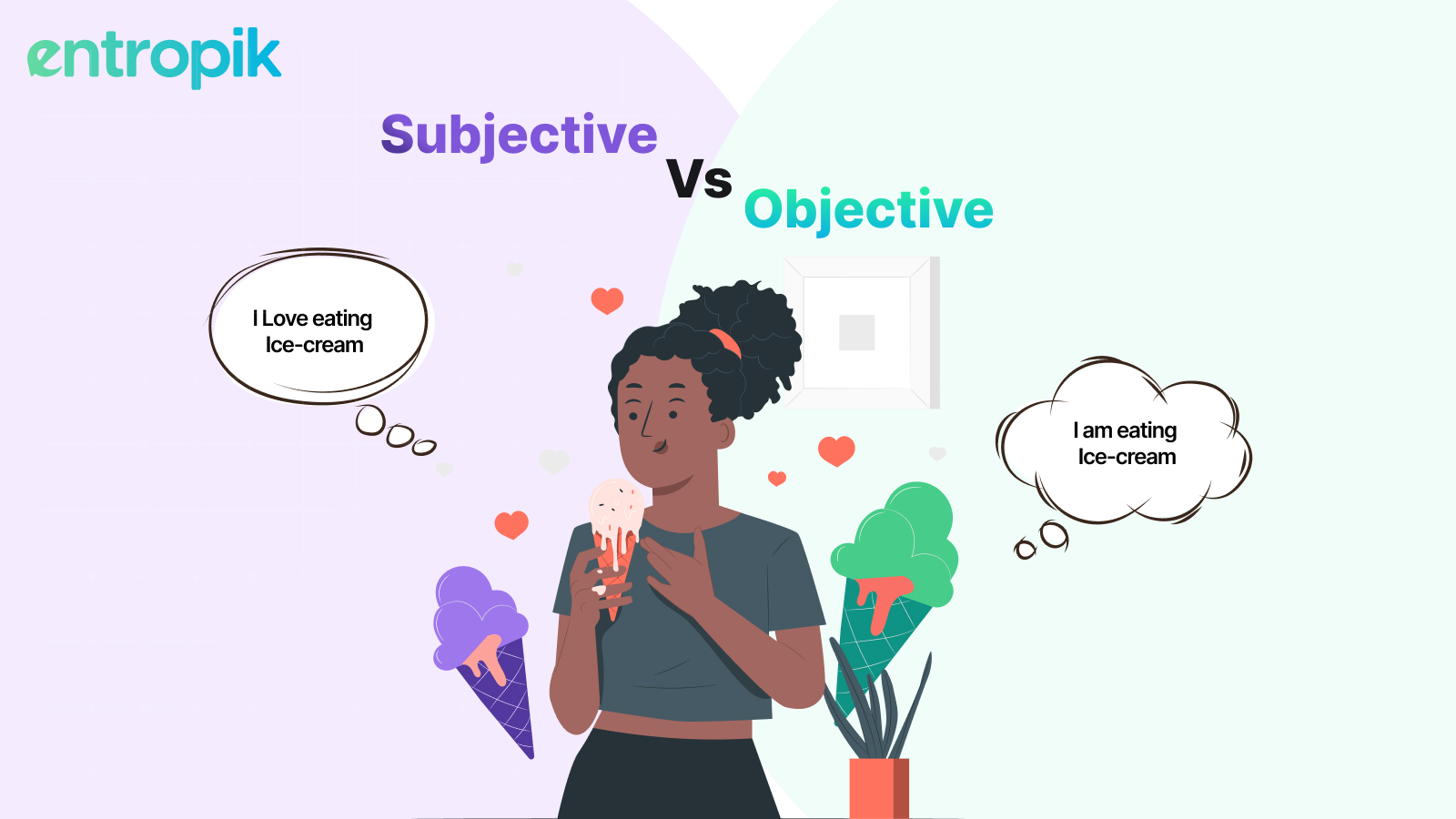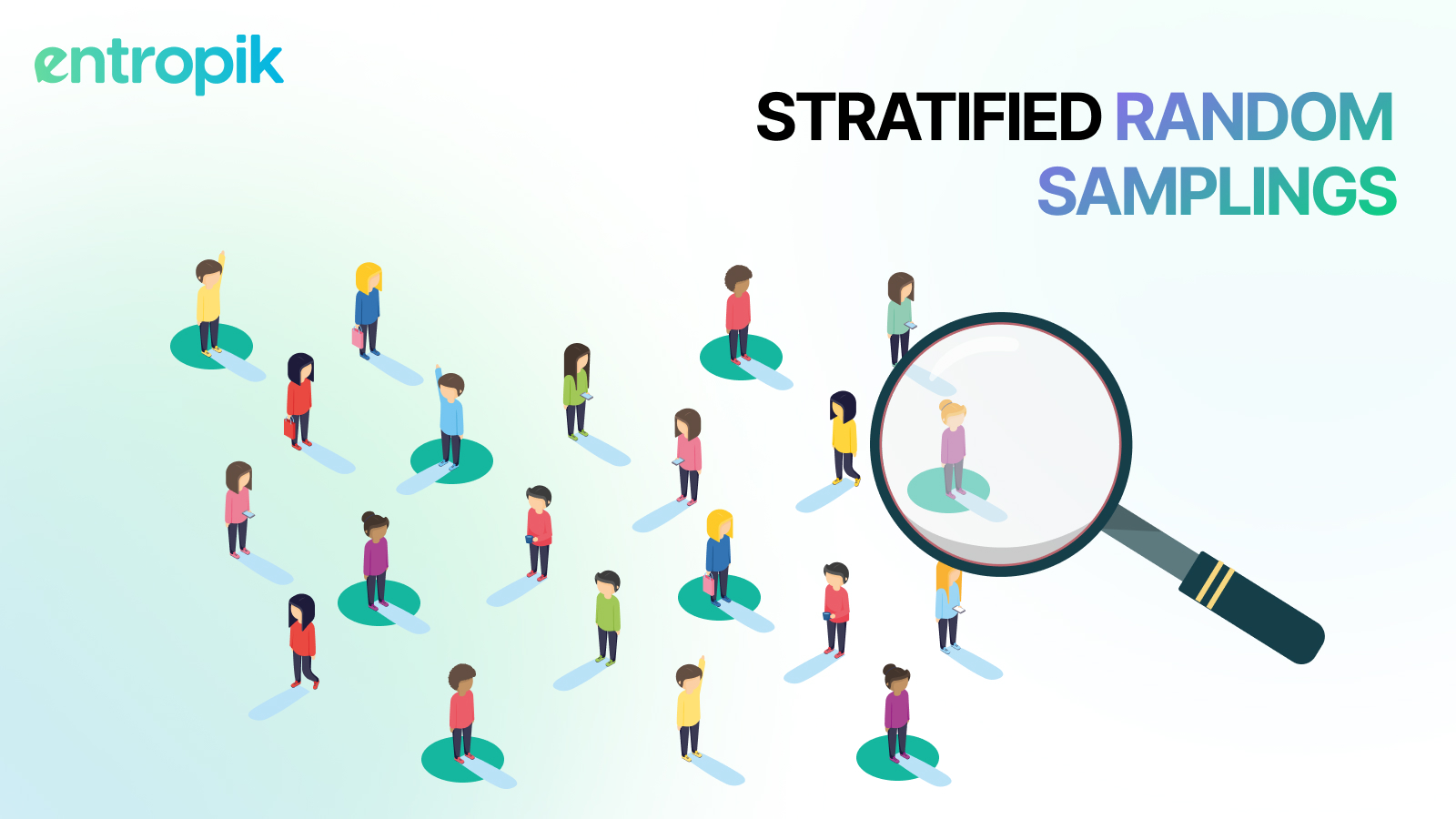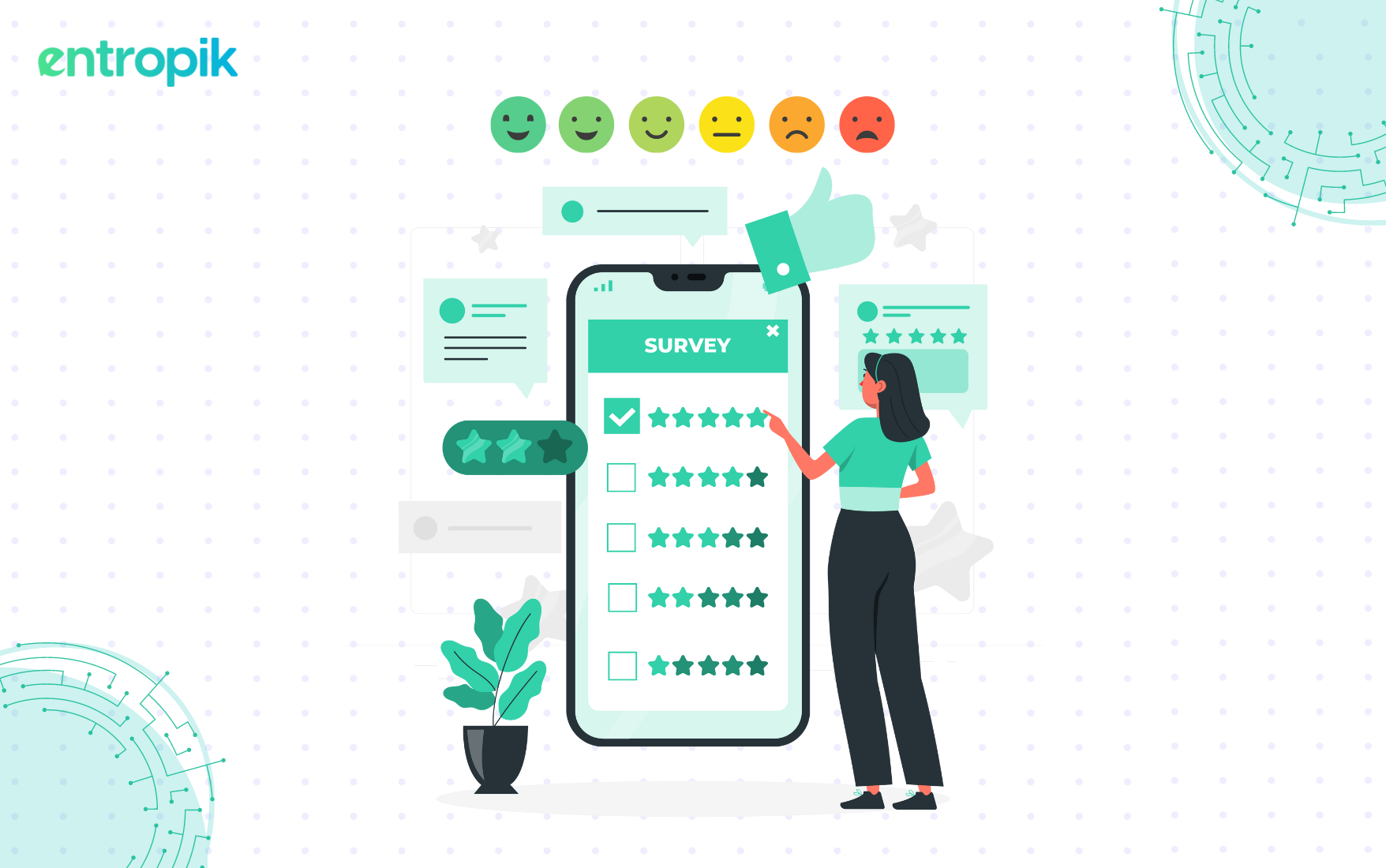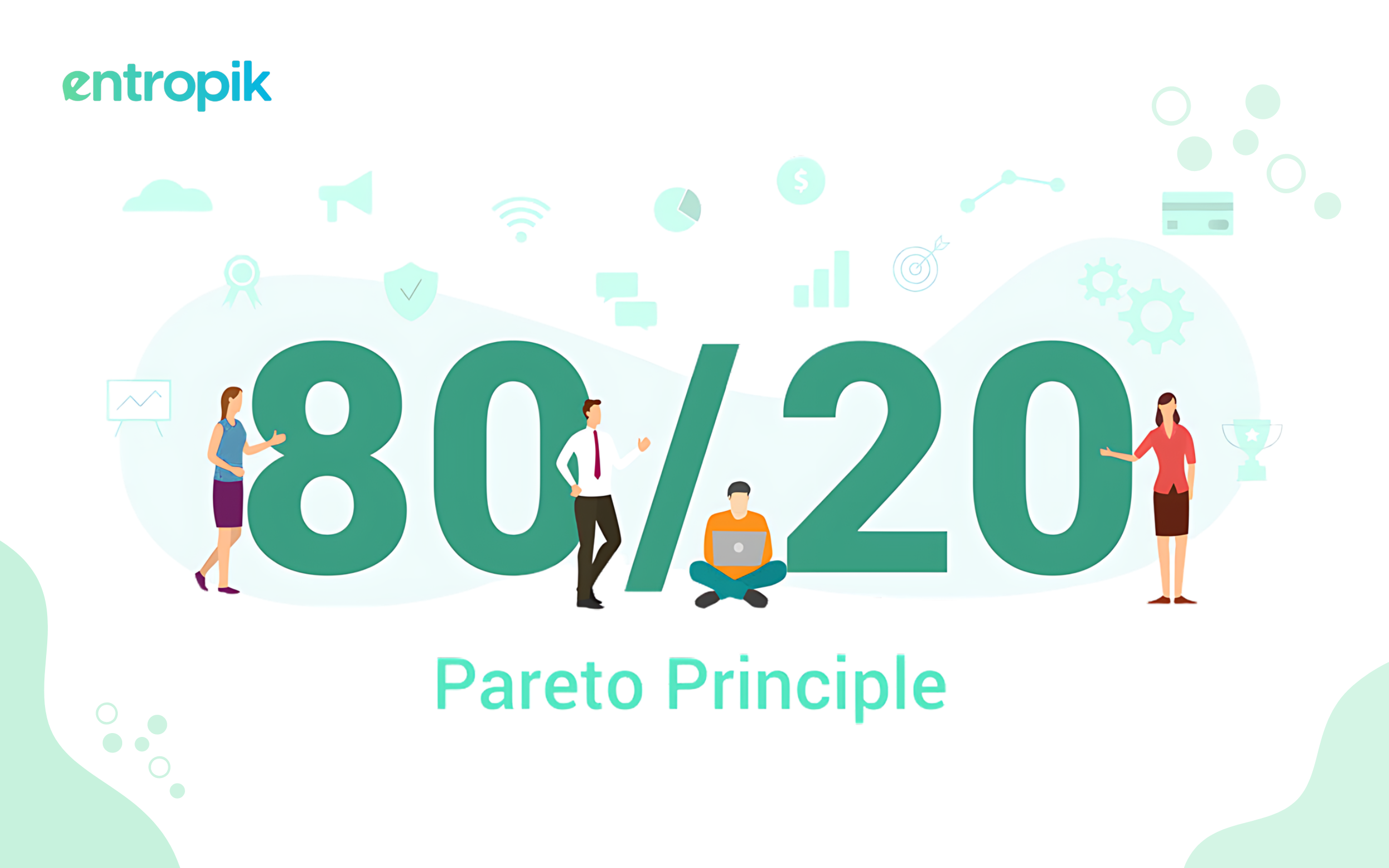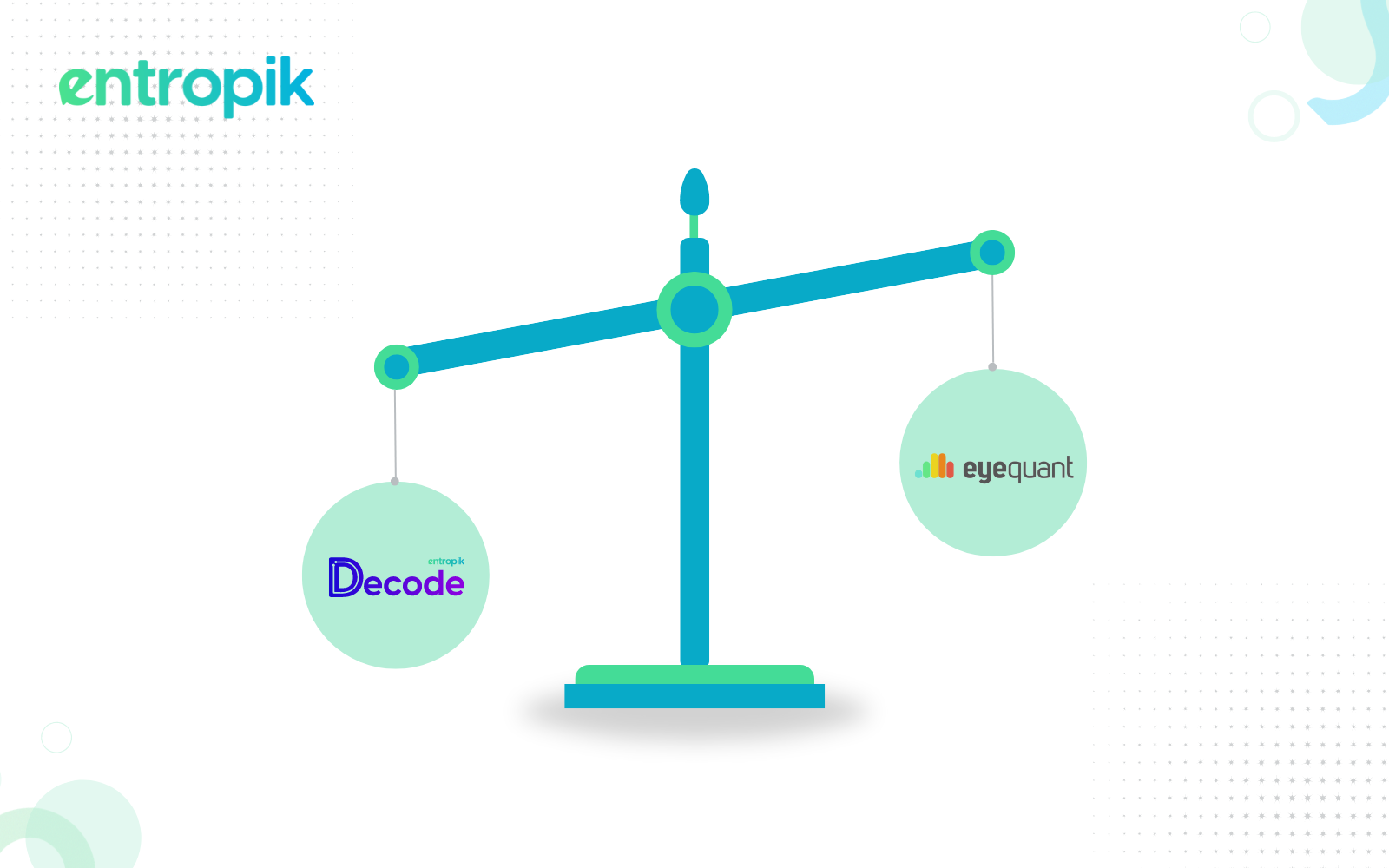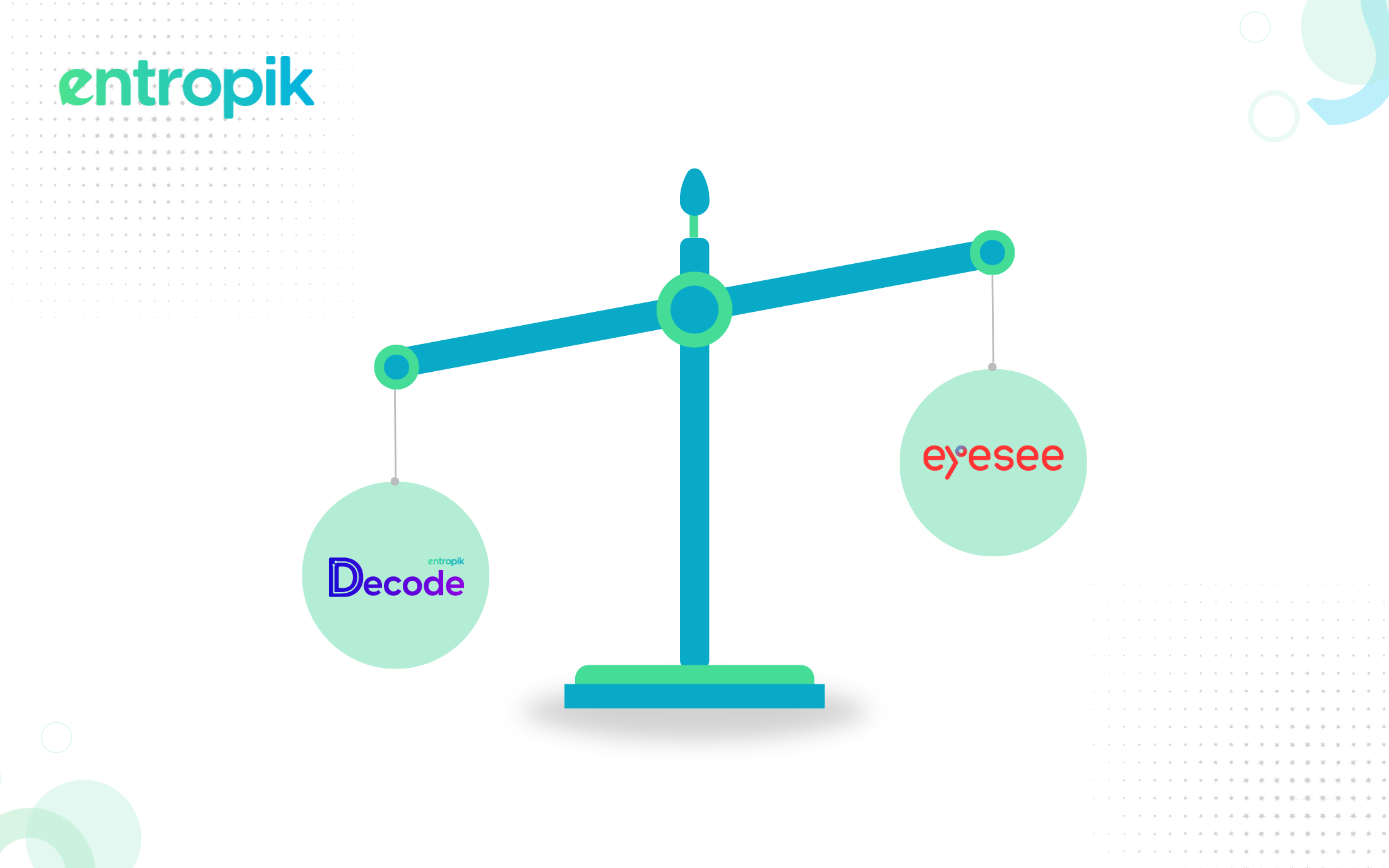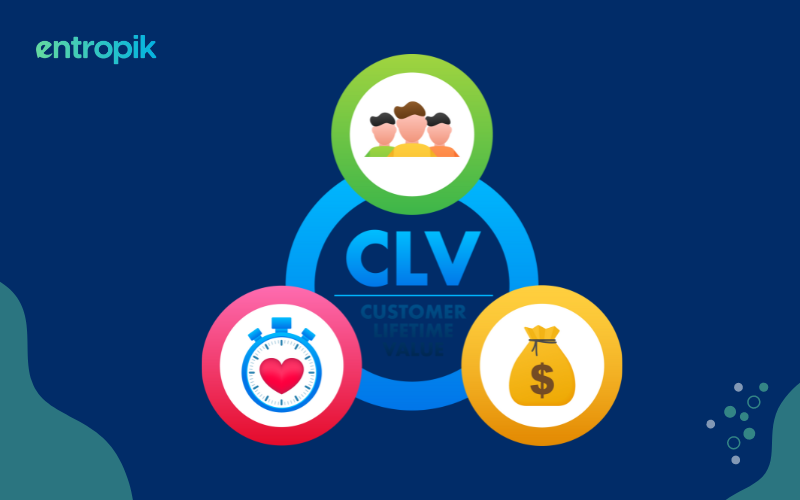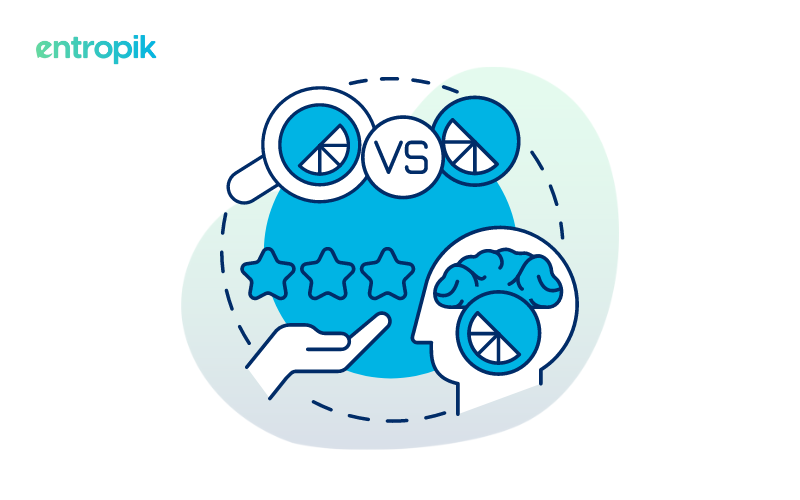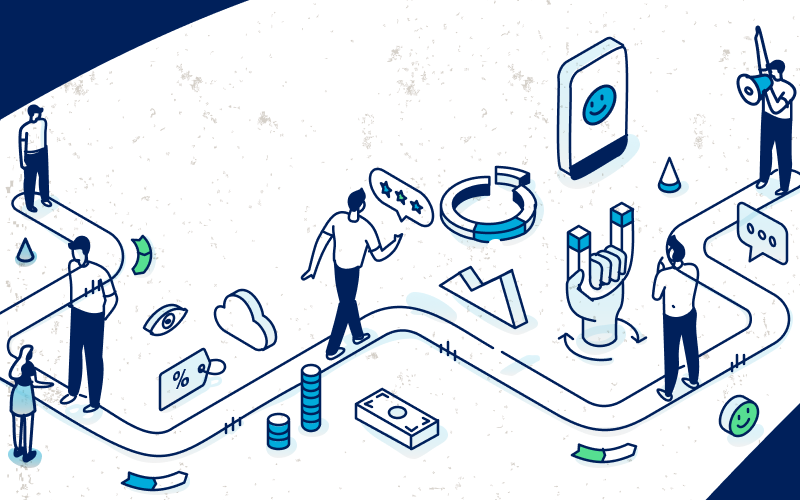Are you new to research or looking to switch careers and move to research? Or you are a pro at research but still want to know the qualities of an excellent qualitative researcher that you already possess. If you belong to any of the above three categories, you have landed at the right place.
Every profession demands certain qualities from its practitioners, and market research is no exception; to succeed in it, every qualitative researcher needs the qualities we cover in this article.
When we say qualities, we are talking about the ‘must haves’ – the key characteristics and attributes of a good researcher. The ones that help them fly high and far - not the generic qualities like hard work, determination to succeed, etc. These are a necessity for any job in the world.
The qualities we will discuss are absolutely inevitable for qualitative researchers - the ones that will upgrade your status from researcher to a great qualitative researcher.
Now let’s get to it - shall we?
The Key Skills Required to Be a Great Qualitative Researcher
Here are some of the skills every qualitative researcher should have. Consider how you can incorporate more of these skills into your research efforts to become better at conducting market research.

How to be a Good Qualitative Researcher
There is no quick way to become an excellent researcher, but the skills mentioned below can put you on the path to success sooner rather than later, especially if you are a qualitative researcher.
Success Trait #1: Good Communicator
The key to understanding your customers is asking good questions. Good communication skills can greatly help you in this information elicitation phase. Clear and concise questions can help you know your customers better.
To kickstart your communication skills into high gear, always start by getting clear on the goal behind each question you are crafting. With awareness of what you are trying to accomplish by asking these questions, it will be easier to focus on the details that matter most- which in turn help you drive a meaningful outcome.
Also, great communicators are usually not just good speakers, but they also know how to read others' body language. Wondering how it can help you in your research process? Well, people can say anything they want; but their body language often reveals their true intentions or meaning. Good researchers know how to read body language, which helps them anticipate the direction a conversation is heading.
Success Trait #2: Active Listening
Good listening involves paying close and keen attention to what your consumers say. Basically, doing active and perspective listening - now we know it is not easy.
In fact, perspective listening is one of the most complex skills because it requires you to be totally focused, completely mindful, and well perceptive of what is happening. And, yes, you cannot acquire this skill or quality in a day, but you can start learning it today.
Most researchers fail to understand their consumers deeply because of the 'consumer communication barrier.' They fail to get into their consumer's minds and understand them inside out.
The only way to get to understand your consumers and know what they want is by listening to what they are saying. Successful qualitative researchers know good listening and its role in understanding consumers.
Success Trait #3: Well-Prepared
It is no secret that customer interviews, when done effectively, can help you build a better business. But do you know a successful interview is more than a simple Q&A session; it is a conversation?
Conducting successful consumer interviews requires a tremendous amount of research, confidence, and flawless execution. There are too many ways to get it wrong, and only one sure-fire way to get it right — be prepared.
Highly successful researchers use every resource at their disposal to research and prepare for every interview. They know exactly what they will ask before they start the discussion. They prepare their questions in advance - they conduct mock interviews to better tune their questions to maximize the effect.
They do not hesitate to ask again if something is not clear. They talk less and focus more on listening. They are not afraid of pauses and moments of silence, and they do not rush to fill those silent moments as they know participants may just be thinking over the question. They tailor every question based on consumer responses to better understand the consumer they are interviewing.
In short, a lot goes into planning and conducting an effective remote user interview. But such meticulous preparation always pays off in the form of deep, actionable insights that can help you design better products, improve customer experiences, etc. So, there is no excuse for conducting bad customer interviews. It simply boils down to one simple thing — doing the work by preparing in advance.
{{cta-button}}
Success Trait #4: Open to New Technologies
The fourth trait that all successful researchers must possess is they are tech-savvy - they are open to exploring new technologies.
As consumer behavior evolves rapidly, technology plays a vital role in increasing business agility. Technology democratizes market research while providing high-quality intelligence, allowing brands to move quickly and confidently.
Qualitative market research is now in the technology-driven era. Data is everywhere, and we have more access to it than ever before - because we now have so much data about consumers, it is vital to use technology to get value from it.
An excellent qualitative researcher is open to exploring and leveraging these new technologies. As they know, research tools powered by AI and emotion AI can make fast work of this data.
These tools can deliver deep consumer insights into what consumers feel. For example, if you are using Decode, an emotion AI-powered qualitative research platform, you can even track human emotions at a granular level using emotion AI and other technologies. This gives researchers a peek into their consumer's mindset, which was previously difficult to get.
Also Read: Automate or Deteriorate: Why Consumer Researchers Must Adopt Tech
Success Trait #5: Analytical Thinker/Understand Data and Metrics
Being a researcher, you are not expected to conduct just research. You need to collect and understand the data - you need to analyze and interpret it to get value from it.
Now, I know qualitative data can be challenging and time-consuming to analyze and interpret. At the end of your research phase, you may have a lot of audio or video-based data to work through. And making sense of all this data is no small task. You need to have good analytical skills to make sense of this data.
Also, you need a conversation analytics platform to unlock this data. One that lets you tap into your customers’ emotions and comprehend the subtle human elements, behavioral nuances, and context of these virtual conversations using technologies like facial coding, voice tonality, and text-based sentiment analytics.
Success Trait #6: Comfortable with Silence
Well, this may surprise you, but believe me, it is one of the most important traits a researcher should have. Most researchers are too uncomfortable with silence. When they ask a question, and the customer gets quiet, they immediately try to fill the silence by asking another question or a follow-up question or clarifying their ask. This is a mistake - sometimes, customers need time to collect their thoughts before answering the question.
So, pause for around four-to-five seconds before speaking. This way, you can ensure that you are not interrupting a critical thought your customer might be having. Also, this way, you can set the precedent that silence is welcome in your conversations.
Success Trait #7: Do Not Believe in Making Assumptions
A good researcher never assumes anything. But this is one of the qualities most researchers tend to lose as they gain more experience. Most researchers tend to develop the habit of taking things for granted - they start assuming things.
If you have been a qualitative researcher for a while, you can easily fall into a routine. But just because the ten consumers you interviewed had the same problems does not mean the 11th one will have the same one too.
Never make assumptions about your consumers or their situation. It only takes a few seconds to ask a question and a follow-up question. Making assumptions can hurt your research results.
As a qualitative researcher, you should never assume anything because bad ideas are often the result of guesswork. So instead of assuming things, you should ask questions and focus on listening. Simply listening to your customers and focusing on their experience, you are less likely to get pulled in the wrong direction.
Success Trait #8: Being Empathetic Towards Customer
According to me, one of the most valued skills a researcher must possess is empathy with the customer or the consumer. By empathy, I mean the researcher should put himself in the consumers' shoes.
Empathy drives connection and incorporating empathy into your research process allows you to transcend your assumptions to get insight into the audience. And when the audience senses the researchers' empathy, they are more likely to be open with them.
Also, empathy for customers will help you connect with them on a deeper level, enabling you to get deep consumer insights. And yet empathy is a skill we rarely talk about. Why? Because we just assume we have empathy. Well, most researchers do not, or if they do, it is not enough. Empathy is a journey; it is a skill you need to cultivate - all it takes is a little focused attention.
Success Trait #9: Curiosity
Another vital quality of a good qualitative researcher is curiosity. Though we have all heard the common idiom "Curiosity killed the cat," a little curiosity or interest will only make a qualitative researcher better at doing the research.
How? Basically, curiosity is the desire to always learn something. Being curious about why consumers say what they are saying is only the start.
Successful researchers are also curious about the latest market trends, what is happening in the industry, and how it impacts their consumers' preferences.
This, in turn, pushes them to become the best at what they do. However, this requires a lot of time, dedication, and market and sales process research. But success with a little effort is worth it.
Success Trait #10: A Clear Sense of Direction
The final trait that all successful researchers must possess is a clear sense of direction. Because of the turbulence and rapid change in today's marketplace and constantly evolving consumer expectations, most researchers lack clarity. They are not clear about the direction they want to go in. They are preoccupied with short-term problems and want to deliver quick results.
Though the existing model of market research is broken, it is too slow, too expensive, and not sufficiently useful. But that does not mean market research is going anywhere. In fact, it is essential to the success of every organization.
Did you know that the global revenue of the market research industry exceeded 76.4 billion U.S. dollars in 2021, growing more than twofold since 2008?
So, market research and researchers are not going anywhere. It is just that you need the right tools to conduct market research, and you need some skills to conduct it successfully. And one such skill is you need to set clear targets and directions for yourself to succeed in these turbulent times.
Success Trait #11: Genuine Interest in Consumers and Studying the Market
You should have a fascination with figuring consumers out—what are they interested in? What makes them tick? What do they want from your product or service? Why do they do what they do? Identify what they need, then focus on fulfilling their expectations.
Ultimately, market research is all about knowing your consumers, their pain point, wants, or needs, and studying your market, product, and company. To do it well, you need to have a genuine interest in knowing your consumers and digging for information.
The researchers who know how to connect with consumers and where to dig for information, understand, collect, and analyze the
Over to You
These are the 11 qualities that make you an excellent qualitative researcher. So, whether you are already a qualitative researcher or considering research as a career, I hope this list helps you evaluate yourself and decide if this field is a good fit for you.
Without these qualities, you will never excel in the qualitative research field. So, try to imbibe these qualities as every good researcher only becomes one after cultivating these qualities.
Remember, these skills and qualities are learnable, and even if you do not possess them right now, you can cultivate them as long as you are willing to do the work.
{{cta-button}}















.jpg)



